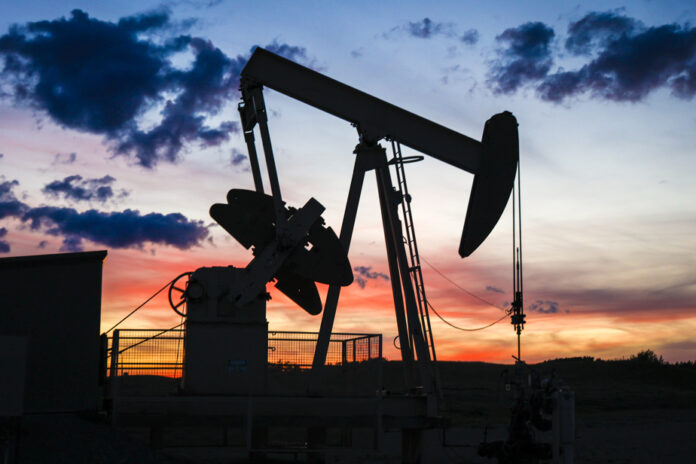(New York) Oil prices ended sharply higher on Wednesday, supported by an acceleration in US refinery activity, as well as positive statements on the raising of the debt ceiling in the United States.
The price of a barrel of Brent North Sea oil for July delivery gained 2.73%, to close at $76.96.
Its American equivalent, the West Texas Intermediate (WTI), with maturity in June, took him 2.78%, to 72.83 dollars.
Schork Group’s Stephen Schork says operators have reacted to the U.S. Energy Information Agency’s (EIA) weekly publication that refinery utilization rose to 92.0% in the week last, against 91.0% previously, the highest since the end of December.
“Gulf of Mexico refineries are even at 97%, which is very high, especially at this time of year,” the analyst commented. The peak in demand for gasoline is not, in fact, supposed to occur until the end of May traditionally in the United States. “So that means the demand for brutes is good.” »
Phil Flynn of Price Futures Group noted the further contraction in gasoline inventories, which are now at their lowest level in nine years for this time of year, which is supporting firm prices.
The market also benefited from statements deemed positive on the issue of the US debt ceiling, the raising of which is subject to a political agreement.
On Wednesday, President Joe Biden expressed “confidence” in the resolution of the crisis, saying that Republican officials in Congress “are in agreement to avoid a default” from the United States.
“It moved all the markets, of which it is a factor” which explains the rise in crude prices, according to Stephen Schork.
Another element boosting crude prices is the situation in Alberta, where more than twenty fires were still considered uncontained on Wednesday, including some in the east, where the bulk of the oil sands deposits are located.
This mixture of sand, water, clay and a semi-solid form of oil called bitumen, makes up the bulk of Canada’s oil reserves.
According to the firm Rystad, the fires have already led to site closures that deprive the markets of around 240,000 barrels per day. But nearly 2.7 million barrels per day are at risk, according to Rystad.
“It’s turning into a disaster,” according to Phil Flynn.















